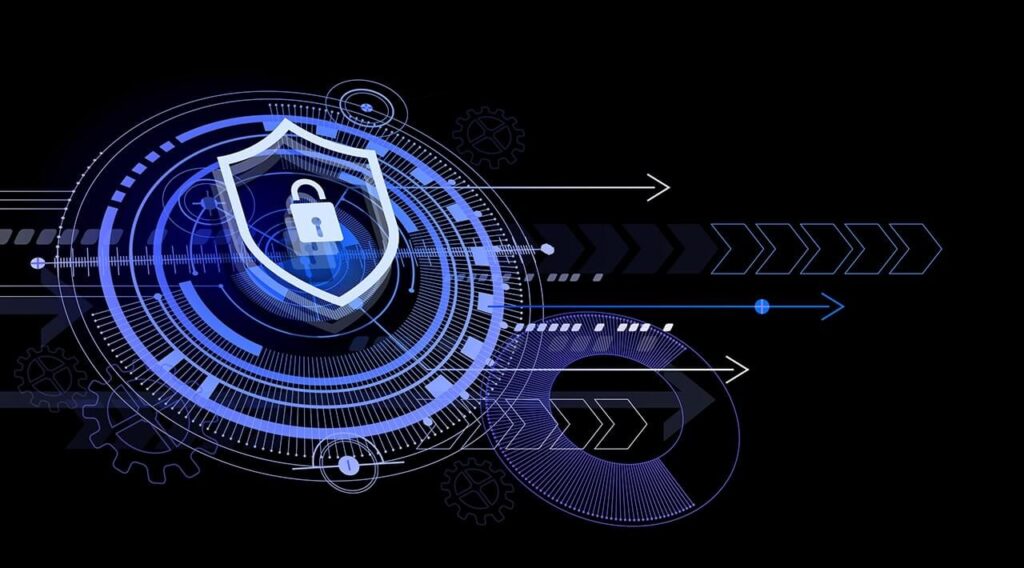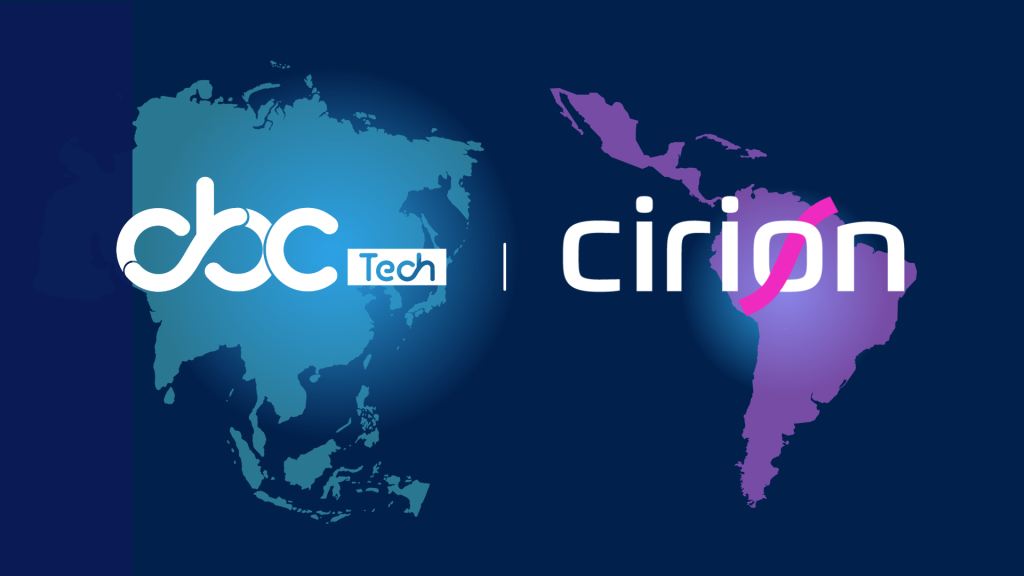May 17 is World Telecommunication and Information Society Day, a propitious time to reflect on the advances and perspectives of this critical area in our lives. On this occasion, it is crucial to turn our attention to the specific dynamics and challenges facing Latin America in the field of telecommunications, especially at a time when connectivity and digitalization are rapidly transforming our society and economy.
One of the most hopeful developments on the horizon for the region is the implementation of 5G technology. This next generation of mobile networks promises to revolutionize the way we connect, offering ultra-fast speeds, lower latency, and massive connection capabilities. In several countries in the region where pilot tests and limited deployments are already underway, while in others there are already a significant number of connections to this network, 5G has the potential to drive innovation in key sectors such as health, education, manufacturing and agriculture, generating economic opportunities and improving citizens’ quality of life.
However, moving towards a successful and secure 5G ecosystem requires a comprehensive approach that includes not only the expansion of network infrastructure, but also the implementation of robust cybersecurity and data protection measures. The vast majority of Latin American countries have made progress in initiatives focused on redefining and conceptually updating their regulations on the protection of personal data.
The interconnection of an increasing number of devices and systems in the era of the Internet of Things (IoT) poses new challenges in terms of privacy and cybersecurity. Therefore, it is critical that governments and businesses work closely together to establish clear standards and regulations that protect the integrity of networks and the confidentiality of personal information.
In addition to 5G, another key element that is shaping the telecommunications landscape in the region is artificial intelligence (AI). From virtual assistants to predictive analytics to process automation, AI is transforming the way we interact with technology and how businesses operate. In Latin America, the adoption of AI solutions is on the rise, especially in sectors such as e-commerce, healthcare, and financial services. However, skills gaps need to be addressed and digital inclusion promoted to ensure that all segments of society can benefit from the opportunities offered by this technology.
Ultimately, the success of digital transformation in Latin America will depend to a large extent on collaboration between different players: governments, businesses, civil and academic society. It is essential that policies and programs are established that encourage investment in infrastructure, technological innovation and the development of human talent. At the same time, we must ensure that this progress is made ethically and responsibly, protecting individual rights and promoting inclusion and equity.
On this World Telecommunication Day, let us celebrate the progress made so far and renew our commitment to building a safe, inclusive and prosperous digital future for all in Latin America. It’s an exciting time to stay connected and witness how technology continues to transform our lives and create new opportunities for development and progress. Let’s move forward with determination and vision towards a tomorrow where connectivity is truly universal and beneficial to all.

Leonardo Barbero
President, Fiber Business Unit
Cirion Technologies










